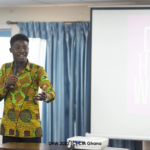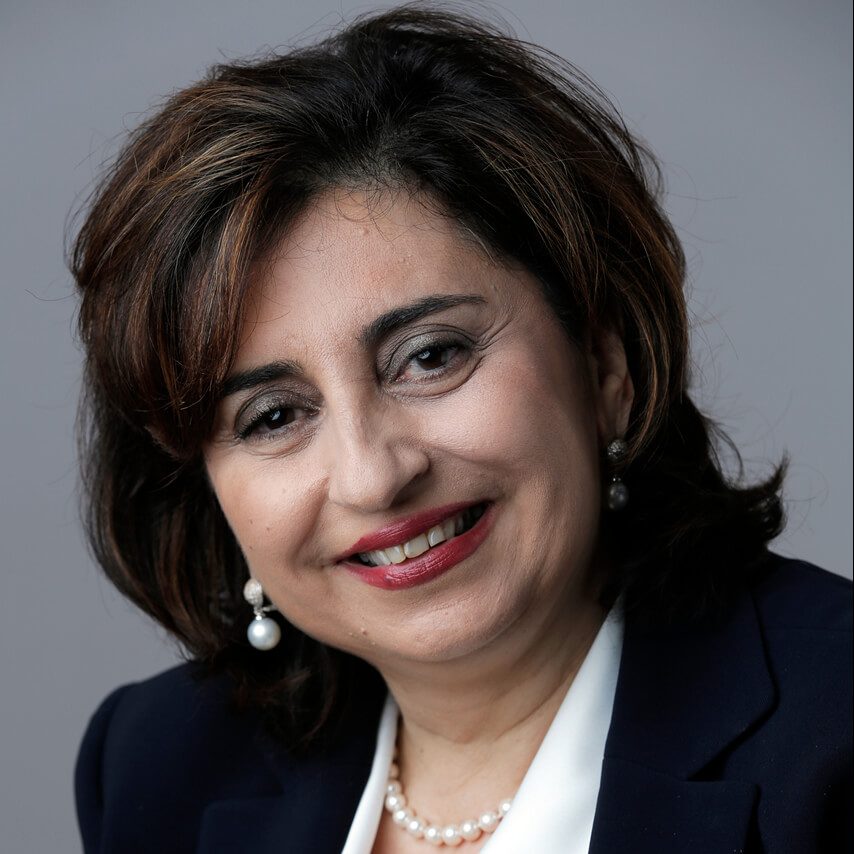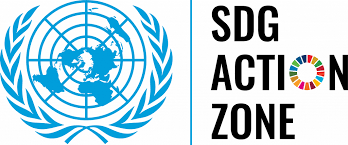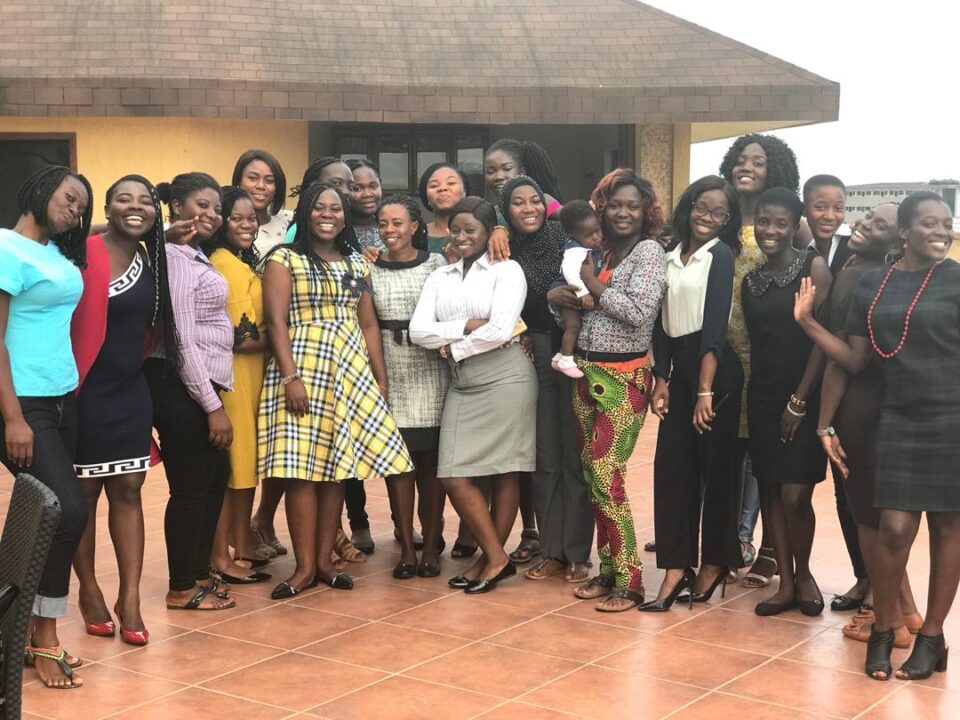
Healthy Happy Youth Essay Competition
December 13, 2021
Health Data Governance in Ghana and the Experience of Young People
November 18, 2022At the United Nations General Assembly that is housing about 193 states at the 77th Session, male engagement to achieve SDG 5 was one of the suggestions reiterated in the SDG Action Zone by panelists and gender experts as well as astute advocates for an equal world devoid of gendered discriminations and rights violations.

Dr. Sima who is the executive director of the UN women was one of the personnel that capitalized male inclusion as she stated that the world must focus on “male engagement for support”. This she said will curb the violence in the pursuit for gender equality to protect girls and women across the globe.
Meaningful engagement of men and boys is recognized as one of the promising strategies in reaching equality because no society thrives on a single gender, but both males and females in its quest for development.
In the bid to end child marriage, teenage pregnancy, sexual violence like rape, defilement and all forms of abuse against women and girls, like in the words of James Twene of the Department of Gender in Ghana– those who perpetrate the acts and create the problems must be part of the solution. Thus, men and boys should not and cannot be left out of the discussions that seek to unlock avenues to bridge the entrenched inequality gaps in our communities.

As the Global Goals suggest that countries stand up against harassment in the workplace, on the streets, in the homes, and the online spaces, men and boys have a role to play by raising voices against these acts that are mostly perpetrated by fellow men and boys. Other things to do include the sharing of workloads at home so as to ensure that the domestic work burden does not fall only on one person, to instill the value of equality and essential life skills in the children as well.
Communities must therefore be aware of the stereotypes, recognize them, avoid them and educate others about them, then we are sure of making a difference.
Interacting with an officer of the Department of Gender in the Upper East Region of Ghana, James Twene who engages more males in the quest to champion equality, he indicated that most of the males neither pay attention nor support the gender agenda because, the term gender is seen as a “woman’s thing”. So, the moment equality is preached, there is a difficulty of acceptance due to the traditional and cultural environments we find ourselves in different parts of Africa and even beyond, where men are “superior” to the women. The narratives are changing but, in most instances, at a slower pace so, engagement of male leaders in the communities like the chiefs and other traditional authorities are included in the search for remedy to eradicating the practices that keep heightening the existing gaps in equality; simply protecting the rights of those affected girls.
The expectation of these influencers at the local governance level is to draw other males to the table of advocacy against risky practices meted out to girls in communities in the Upper East Region.
Initiatives undertaken to ensure that there is appropriate content feeding into the bigger goal include the creation of boys’ and men’s clubs for the conversations to sensitize these individuals of the dangers community stand to face when a section of the population have their dreams truncated as a result of cultural practices with many more potentials suppressed and never realized. Here, it goes beyond the community and deprives the globe of useful human resources to drive the affairs of economies.
Explaining various concepts and rationale behind certain gender terms is one sure way to aid vivid understanding so that the men can reflect on them to assess their practices and in the long term, be advocates to stop any act that violates the rights of the girls and women as we yearn for a gender transformative society.
Certainly, intensified engagement enables the spread of knowledge and increases reach, which guarantees sustainability of the efforts to curb deadly deeds like child marriage and allow for a leveled playground for girls and women and get to that stage of having men report perpetrators of violence. Just like Michelle Milford Morse put it strongly on one of the SDG Action Zone Panels at the 77th UN General Assembly session, “Initiatives should be taken to respond to females in solidarity”; Male Inclusion/ engagement is one of those initiatives to forge ahead.
Writer: Mavis Naa Korley Aryee, UNRAF Journalism Fellow.


